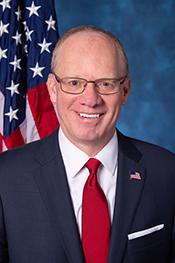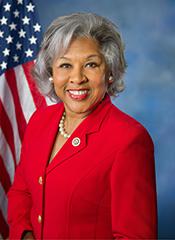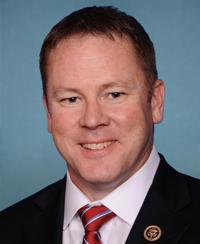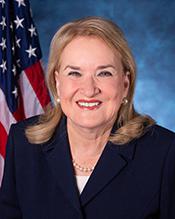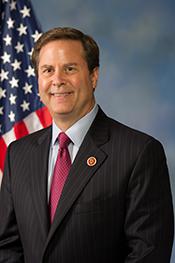H.R. 1138: Payment Choice Act of 2025
The Payment Choice Act of 2025 aims to ensure that United States currency, specifically cash, is accepted as legal tender for transactions at retail locations across the country. Here is what the bill entails:
Key Provisions
- The bill states that every consumer has the right to use cash as payment at retail businesses where in-person payments are accepted.
- Retailers who accept cash payments must accept up to $500 in cash for transactions. They cannot charge a higher price for customers paying with cash compared to those using other payment methods.
- There are exceptions for businesses that cannot accept cash due to temporary issues, such as a failure in their payment system or not having enough cash to provide change. Businesses can also use cash-to-prepaid card devices on their premises under certain conditions, which must be provided at no fee and should not require personal information from the customer.
- For a period of five years post-enactment, businesses may refuse to accept cash payments in bills of $50 or larger. After that time, the Secretary of the Treasury will issue rules regarding the denominations that must be accepted.
- The bill includes mechanisms for enforcement. Consumers who encounter violations can notify businesses through a formal notice. If the issue isn't resolved within 45 days, they can pursue civil action, which may include seeking damages and penalties against the violating business.
- If a court determines that a business violated the provisions, that business may be liable for actual damages, along with possibly $250 in liquidated damages if the actual damages are less than that amount. Civil penalties could amount to up to $500 for a first violation and $1,500 for subsequent ones.
- The bill does not prevent states or local governments from establishing consumer protections that are more stringent than those outlined in the federal bill.
Implementation
The Secretary of the Treasury is tasked with creating any necessary rules and regulations to effectively implement the provisions of this act, which may include identifying further exceptions.
Legal Actions and Penalties
Consumers alleging violations can file for damages in a U.S. district court, and the Attorney General may intervene in cases deemed of public importance. Courts may permit individuals to file suit without upfront costs if certain conditions are met, and may also award reasonable attorney’s fees to the prevailing party.
Relevant Companies
None found
This is an AI-generated summary of the bill text. There may be mistakes.
Sponsors
9 bill sponsors
Actions
2 actions
| Date | Action |
|---|---|
| Feb. 07, 2025 | Introduced in House |
| Feb. 07, 2025 | Referred to the House Committee on Financial Services. |
Corporate Lobbying
0 companies lobbying
None found.
* Note that there can be significant delays in lobbying disclosures, and our data may be incomplete.
Potentially Relevant Congressional Stock Trades
No relevant congressional stock trades found.
